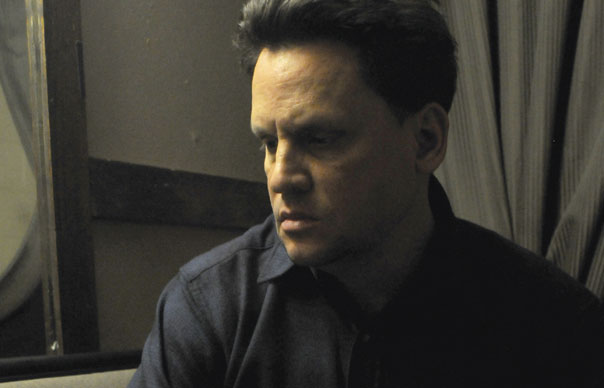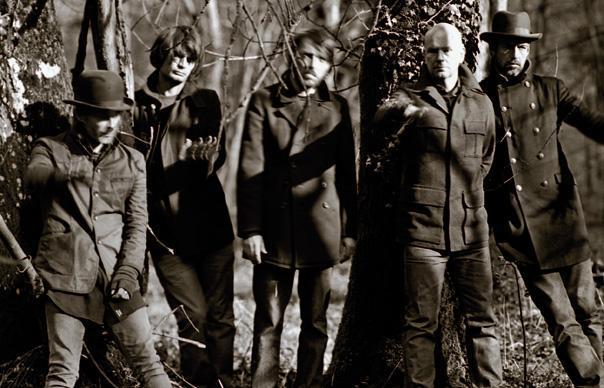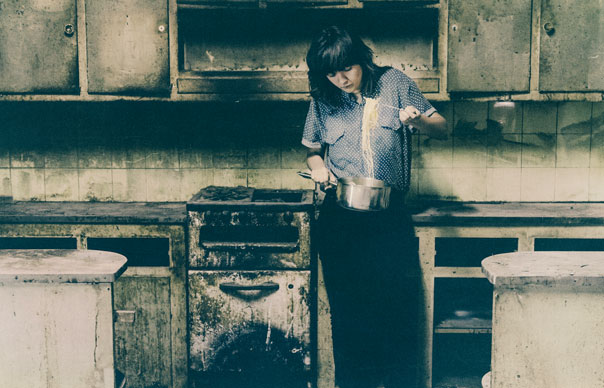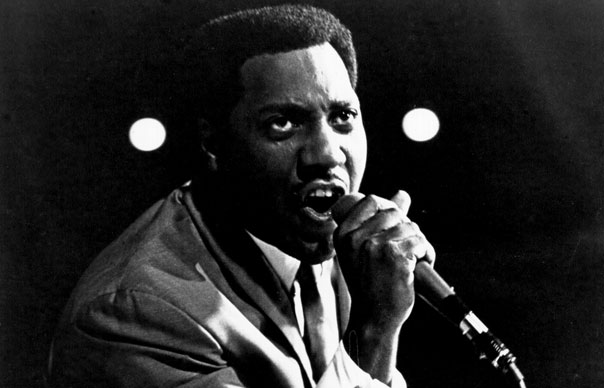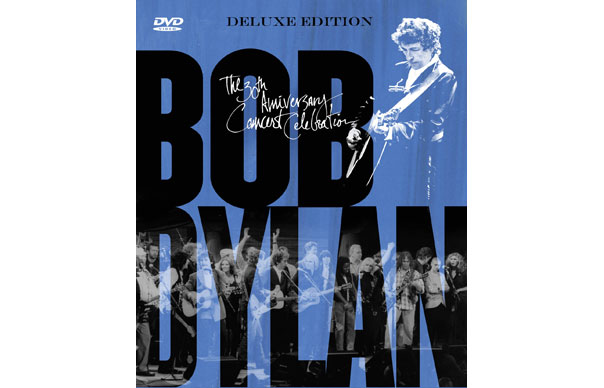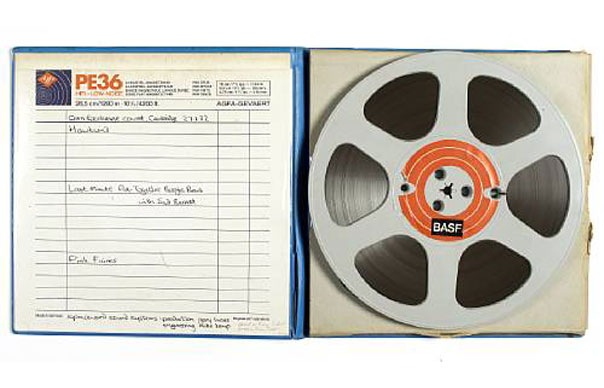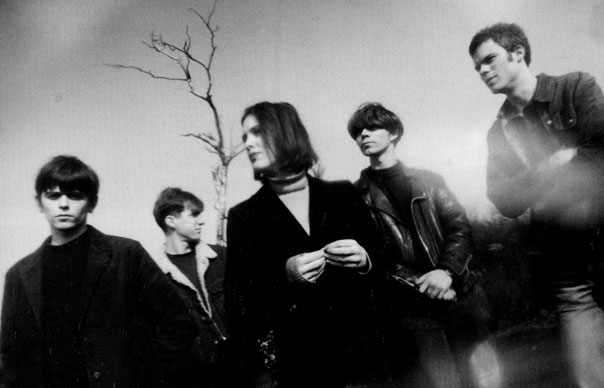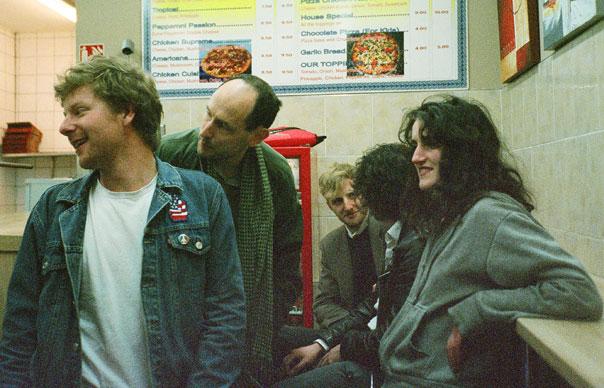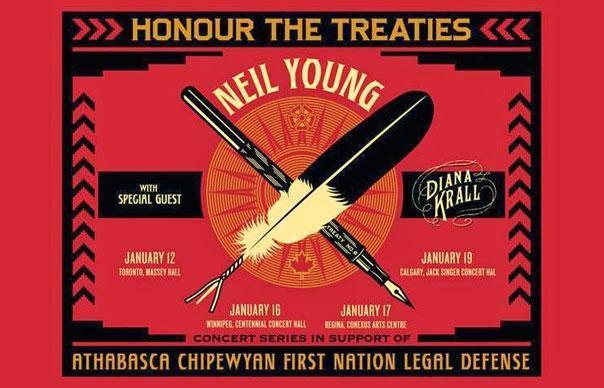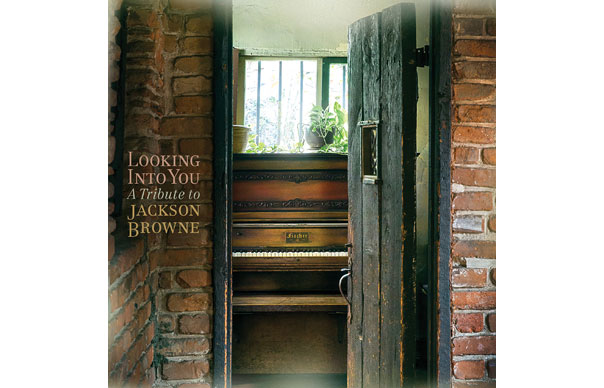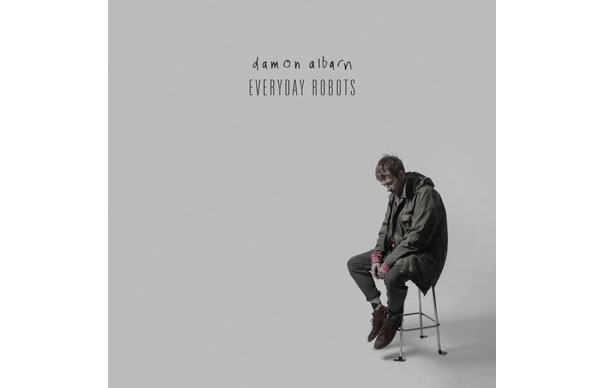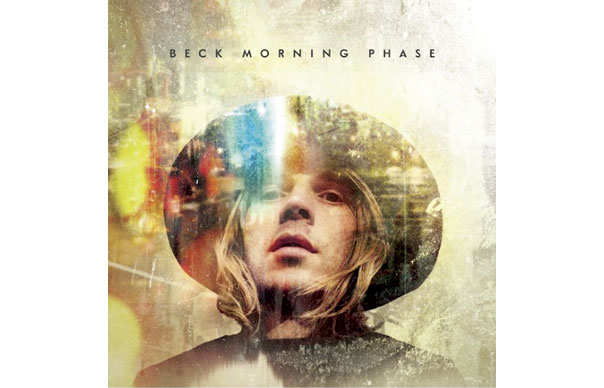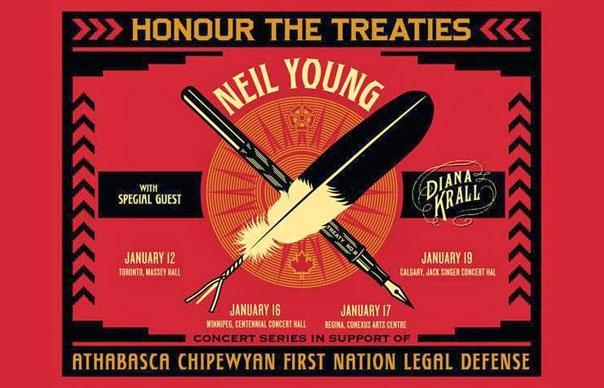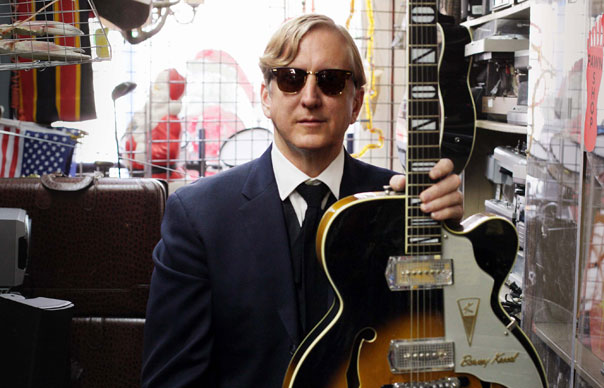“I want to be mothered,” Mark Kozelek sang in 1993 on “Mother”, one of the more startling tracks on the second Red House Painters album. “I want you to give attention to my belly button/Mother, I want to have bobby pins stuck in my ears.” http://www.youtube.com/watch?v=vGShlWlpB1E Twenty-one years down the line, he is still unnervingly candid in his devotion and, some might say, neediness. One of the key tracks on Kozelek’s latest compelling dispatch, tagged with the Sun Kil Moon brand, is called “I Can’t Live Without My Mother’s Love”. Compared with a lot of his elaborate and digressive narratives of late, it’s a pretty straightforward song, in which Kozelek lists a bunch of things – lovers, boxing, and so on – that he could live without, even though they’ve provided the subject matter for most of his songs these past two decades. http://www.youtube.com/watch?v=4zq-99V5Tlg Inevitably, though, the relationship has shifted a little now Kozelek is in his mid-40s: a man, we learn again on “Benji”, who has a “nagging prostate” and a “bad back”; who, when he “fuck[s] too much, I feel like I’m gonna have a heart attack.” In the album’s curious and beguiling last song, “Ben’s My Friend”, he returns to the subject of his mother, as well as the other family members who provide the rich cast of “Benji”. “My mom was good but she sounded out of breath,” he notes, after a phonecall. “I worry so much about her, I worry to death.” http://www.youtube.com/watch?v=UgaquGird4w “Ben’s My Friend”, which you can hear over at Pitchfork, feels very much in the vein of recent Kozelek songs from the multiple fine albums he’s released in the past couple of years (I’ve stuck links to a bunch of pieces I’ve written about them at the bottom of the blog) - even though the music, especially the sax solo, are much swishier than usual. It’s a diaristic snapshot of the singer-songwriter’s life in San Francisco, this time involving “blue crabcakes”, a “$350 pair of lampshades”, a comically fraught time at a Postal Service gig (the song’s title refers to that band’s Ben Gibbard) and, finally, a return to the studio to work on yet more songs. When his girlfriend asks him, over lunch, why he seems so distracted, he provides a mission statement for so much of his latterday work: “I said I can’t explain, it’s a middle-aged thing.” “Benji”, though, is in general much more preoccupied with the past, with family and formative encounters, than with the business of being a 40something musician. Much of the action is set in Ohio rather than Northern California, the vivid touring escapades that filled 2012’s “Among The Leaves” and beyond are strikingly absent, and the occasional references to Kozelek’s trade seem to be more affectionate instead of grouchy. In the beautiful ten-minute centrepiece, “I Watched The Film The Song Remains The Same”, while Kozelek works away on his nylon-string guitar and wordless distant harmonies occasionally summon up the ghost of “Katy Song”, he ends up heading out to Santa Fe to visit Ivo Watts-Russell, the 4AD label boss who signed Red House Painters in the first place. “I want to go there and tell him face to face thank you for recognizing my talent so early,” sings Kozelek, halfway between his old melancholy wail and the semi-rapped delivery that currently infuriates a fair proportion of his fans, “For helping me along in this beautiful musical world I was meant to be in.” “Benji” shapes up as one of the most diverse, musically at least, albums Kozelek has ever made. The classical guitar playing that came to the fore on 2010’s magnificent “Admiral Fell Promises” is still there, most notably on the opening suite of three songs that feature eerily empathetic backing vocals from Will Oldham (A collaborator last spotted, I think, on 2008’s “April”). On a bunch of other tracks, though, Kozelek has found a new band sound to accompany that jumpy, sprechgesang style; a brittle, quicksilver sound in which his acoustic takes on a wiry timbre and an auspicious drummer, Steve Shelley, adds unusually propulsive thrust. “I Love My Dad”, then, is a raw but affectionate family reminiscence that includes the first recorded use of Edgar Winter’s “They Only Come Out At Night” as a moral parenting tool, and is set to a sort of spindly Southern Rock. Meanwhile, the queasy sexual awakenings of “Dogs” (the rhyming of “fuck” and “suck” is not, perhaps, “Benji”’s most elevated lyrical moment) and “Richard Ramirez Died Today Of Natural Causes” (home to the stuff about prostates, bad backs and sexual over-exertion quoted earlier), with its wonderful needling wind-out, remind me of Shelley’s work on some of the early Cat Power tracks: http://www.youtube.com/watch?v=e-omWlUVIA4 Fans of last year’s collaboration with Desert Shore will be pleased to learn there’s another good Nels Cline joke buried somewhere on “Benji”. For the most part, though, the mood is more sombre than on, most pointedly, “Among The Leaves” – though the flipness of that record shouldn’t be mistaken for a lack of profundity, I think: the superficially cynical “Track Number 8”, for instance (a close melodic relative of “Truck Driver” here), is one of the most revealing songs about the realities of a musician’s working life that I can recall. “Jim Wise”, a co-write with Owen Ashworth (Advance Base, formerly Casiotone For The Painfully Alone), is as harrowing a song as Kozelek has been involved with (I’ll spare the details here; I’ve probably dropped enough spoilers already). Wise, though, is presented as a friend of Kozelek’s father, and “Benji”’s prevailing theme is set out in a song about the singer’s late second cousin, “Carissa”. Like many things here, the details are explicitly laid out and, in some cases, outlandishly tragic. But it’s here, too, that the purpose of “Benji”’s rummaging through memory and family history becomes apparent. Kozelek prepares to fly home to Ohio for the funeral, “to get a look at those I’m connected to by blood and see how it all may have shaped me.” It’s an exploration he’s been pursuing, on and off, for over 20 years now, but rarely with such self-awareness and clear-headed focus. “Benji” will not, one suspects, act as a final purge – and of course, it may be a mistake to take every detail of these densely-packed songs as unmediated truth (there’s a verse in “I Love My Dad”, sung from the perspective of a father, that raises a few questions, for a start). Nevertheless, even when he repeats himself, I can’t think of a more gripping singer-storyteller than Kozelek currently operating - or one who works quite so hard: as something like light relief, a Christmas album is already recorded and scheduled for November Some more things I’ve written about Mark Kozelek projects: On the Desert Shore and Jimmy Lavalle albums On Among The Leaves On Lost Verses On April On Admiral Fell Promises Follow me on Twitter: www.twitter.com/JohnRMulvey Picture: Bill Ellison
“I want to be mothered,” Mark Kozelek sang in 1993 on “Mother”, one of the more startling tracks on the second Red House Painters album. “I want you to give attention to my belly button/Mother, I want to have bobby pins stuck in my ears.”
Twenty-one years down the line, he is still unnervingly candid in his devotion and, some might say, neediness. One of the key tracks on Kozelek’s latest compelling dispatch, tagged with the Sun Kil Moon brand, is called “I Can’t Live Without My Mother’s Love”. Compared with a lot of his elaborate and digressive narratives of late, it’s a pretty straightforward song, in which Kozelek lists a bunch of things – lovers, boxing, and so on – that he could live without, even though they’ve provided the subject matter for most of his songs these past two decades.
http://www.youtube.com/watch?v=4zq-99V5Tlg
Inevitably, though, the relationship has shifted a little now Kozelek is in his mid-40s: a man, we learn again on “Benji”, who has a “nagging prostate” and a “bad back”; who, when he “fuck[s] too much, I feel like I’m gonna have a heart attack.” In the album’s curious and beguiling last song, “Ben’s My Friend”, he returns to the subject of his mother, as well as the other family members who provide the rich cast of “Benji”. “My mom was good but she sounded out of breath,” he notes, after a phonecall. “I worry so much about her, I worry to death.”
http://www.youtube.com/watch?v=UgaquGird4w
“Ben’s My Friend”, which you can hear over at Pitchfork, feels very much in the vein of recent Kozelek songs from the multiple fine albums he’s released in the past couple of years (I’ve stuck links to a bunch of pieces I’ve written about them at the bottom of the blog) – even though the music, especially the sax solo, are much swishier than usual. It’s a diaristic snapshot of the singer-songwriter’s life in San Francisco, this time involving “blue crabcakes”, a “$350 pair of lampshades”, a comically fraught time at a Postal Service gig (the song’s title refers to that band’s Ben Gibbard) and, finally, a return to the studio to work on yet more songs. When his girlfriend asks him, over lunch, why he seems so distracted, he provides a mission statement for so much of his latterday work: “I said I can’t explain, it’s a middle-aged thing.”
“Benji”, though, is in general much more preoccupied with the past, with family and formative encounters, than with the business of being a 40something musician. Much of the action is set in Ohio rather than Northern California, the vivid touring escapades that filled 2012’s “Among The Leaves” and beyond are strikingly absent, and the occasional references to Kozelek’s trade seem to be more affectionate instead of grouchy.
In the beautiful ten-minute centrepiece, “I Watched The Film The Song Remains The Same”, while Kozelek works away on his nylon-string guitar and wordless distant harmonies occasionally summon up the ghost of “Katy Song”, he ends up heading out to Santa Fe to visit Ivo Watts-Russell, the 4AD label boss who signed Red House Painters in the first place. “I want to go there and tell him face to face thank you for recognizing my talent so early,” sings Kozelek, halfway between his old melancholy wail and the semi-rapped delivery that currently infuriates a fair proportion of his fans, “For helping me along in this beautiful musical world I was meant to be in.”
“Benji” shapes up as one of the most diverse, musically at least, albums Kozelek has ever made. The classical guitar playing that came to the fore on 2010’s magnificent “Admiral Fell Promises” is still there, most notably on the opening suite of three songs that feature eerily empathetic backing vocals from Will Oldham (A collaborator last spotted, I think, on 2008’s “April”). On a bunch of other tracks, though, Kozelek has found a new band sound to accompany that jumpy, sprechgesang style; a brittle, quicksilver sound in which his acoustic takes on a wiry timbre and an auspicious drummer, Steve Shelley, adds unusually propulsive thrust.
“I Love My Dad”, then, is a raw but affectionate family reminiscence that includes the first recorded use of Edgar Winter’s “They Only Come Out At Night” as a moral parenting tool, and is set to a sort of spindly Southern Rock. Meanwhile, the queasy sexual awakenings of “Dogs” (the rhyming of “fuck” and “suck” is not, perhaps, “Benji”’s most elevated lyrical moment) and “Richard Ramirez Died Today Of Natural Causes” (home to the stuff about prostates, bad backs and sexual over-exertion quoted earlier), with its wonderful needling wind-out, remind me of Shelley’s work on some of the early Cat Power tracks:
Fans of last year’s collaboration with Desert Shore will be pleased to learn there’s another good Nels Cline joke buried somewhere on “Benji”. For the most part, though, the mood is more sombre than on, most pointedly, “Among The Leaves” – though the flipness of that record shouldn’t be mistaken for a lack of profundity, I think: the superficially cynical “Track Number 8”, for instance (a close melodic relative of “Truck Driver” here), is one of the most revealing songs about the realities of a musician’s working life that I can recall.
“Jim Wise”, a co-write with Owen Ashworth (Advance Base, formerly Casiotone For The Painfully Alone), is as harrowing a song as Kozelek has been involved with (I’ll spare the details here; I’ve probably dropped enough spoilers already). Wise, though, is presented as a friend of Kozelek’s father, and “Benji”’s prevailing theme is set out in a song about the singer’s late second cousin, “Carissa”. Like many things here, the details are explicitly laid out and, in some cases, outlandishly tragic. But it’s here, too, that the purpose of “Benji”’s rummaging through memory and family history becomes apparent. Kozelek prepares to fly home to Ohio for the funeral, “to get a look at those I’m connected to by blood and see how it all may have shaped me.”
It’s an exploration he’s been pursuing, on and off, for over 20 years now, but rarely with such self-awareness and clear-headed focus. “Benji” will not, one suspects, act as a final purge – and of course, it may be a mistake to take every detail of these densely-packed songs as unmediated truth (there’s a verse in “I Love My Dad”, sung from the perspective of a father, that raises a few questions, for a start). Nevertheless, even when he repeats himself, I can’t think of a more gripping singer-storyteller than Kozelek currently operating – or one who works quite so hard: as something like light relief, a Christmas album is already recorded and scheduled for November
Some more things I’ve written about Mark Kozelek projects:
On the Desert Shore and Jimmy Lavalle albums
Follow me on Twitter: www.twitter.com/JohnRMulvey
Picture: Bill Ellison


